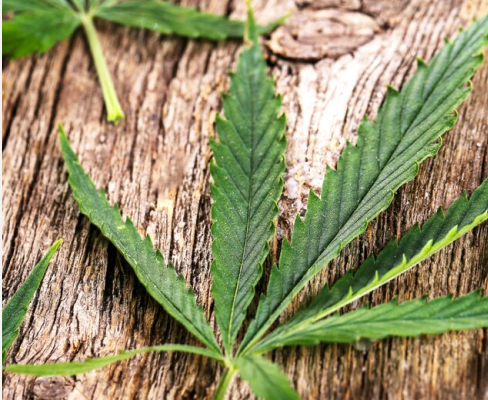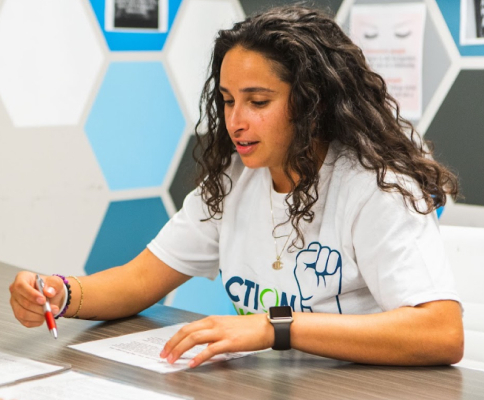An individual who has struggled with substance abuse won’t typically refer to themselves as having had an addiction or having been an addict. There is no past tense. A recovery addict will always be in recovery. However, the goal of an addiction treatment program is to help develop the tools and strategies to avoid or overcome relapse triggers and increase relapse prevention. Some of the most common relapse triggers include:
- HALT (hungry, angry, lonely, or tired)
- Emotions
- Stress
- Overconfidence
- Illness
- Isolation
- Romantic Relationships
- Career Changes
- Thoughts of the Past
- Drug Availability
Each of these triggers can affect a recovering addict in a different way and not every individual will be affected the same by each relapse trigger. For instance, some people may be more susceptible to seeing drugs. On the other hand, emotional stress may be more of a trigger for someone else. Let’s talk about how each of these triggers can lead to a relapse.
HALT
Have you ever heard that if you feel hungry to drink some water and wait 15 minutes or so to see if you still feel hungry? This helps you know if you are actually hungry, or just thirsty. Similarly, if you feel like using drugs or alcohol, think about if you are hungry, angry, lonely, or tired. See if curbing these feelings also curbs your craving. In fact, work to ensure you are never hungry, angry, lonely, or tired. Eat regular meals, avoid people or situations that make you angry, arrange regular get-togethers with family, friends, or support groups to avoid feeling lonely, and be sure to get an appropriate amount of sleep every night.
Emotions
Controlling the factors mentioned in the HALT acronym is important because when uncontrolled, they can lead to strong emotions. Emotions of sadness, frustration, confusion, and anger can all cause a spiral. Often drug abuse is a result of trying to mask or control emotions. This is why it is important to be able to 1) maintain control over emotions and 2) have mechanisms to cope with negative emotions.
Stress
A major trigger, stress can have a direct effect on our physical and emotional wellbeing. Some commonly abuse drugs, like benzodiazepines, are actually prescribed to manage stress-induced anxiety. However, for an addict, using these drugs could lead them right back down the past of abuse and addiction. Similar to managing emotions, the ability to cope with stress in a positive way is key to relapse prevention.
Overconfidence
The first step of a 12 step program is to admit that you are powerless over drugs or alcohol and that your life had become unmanageable. In short, stay humble and never get complacent in your sober life. Letting your guard down and becoming overconfident in your sobriety can create vulnerability, acting as a trigger for addiction relapse.
Illness
Mental and physical illness can end up being triggers for relapse. New, or unmanaged mental health issues including depression & anxiety increase the rate of relapse drastically. Additionally, a physical injury that causes pain could trigger a relapse of drugs such as opioids, muscle relaxers, alcohol, and more.
Isolation
The people around us can have a powerful effect on our thoughts and ultimately, our actions. Isolation, whether total isolation or even just a lack of connection with peers who support and understand addiction, can allow for your thoughts to wander to dangerous places. Maintaining a sober support system, such as AA and NA, is a great way to prevent isolation: a potential relapse trigger.
Romantic Relationships
A significant other can either be a great point of support for a recovering addict, or a stressful relapse trigger. Not only are arguments and break-ups stressful, but so is staring a new relationship. New relationships can trigger insecurities, especially for someone in recovery. Meeting at bars and clubs is common for new relationships, so you may feel pressured to go to these places where drug and alcohol consumption is more common. Additionally, it may be uncomfortable being open about your sobriety. This is why many recovering addicts are encouraged to avoid new relationships during their first year of sobriety. It is best to focus on your recovery and get to a good, solid place before engaging in a new relationship. Also, don’t let romance keep you from maintaining contact with your sober support system.
Career Changes
Similarly to relationships, getting a new job or promotion can be equally as challenging as losing a job. New responsibilities in the workplace can trigger feelings of stress, being overwhelmed, or being inadequate. This is one more instance where open honesty, communication, and a strong support system can go a long way to preventing relapse.
Thoughts of the Past
Before relapsing, some individuals express having reminisced about the time in their life when they were using. When you find yourself focusing on parts of using that sound great, like being around large groups of people, feeling a sense of euphoria, and partying, this is a good time to contact your sponsor or another support person. Frequently reminiscing about the past is a behavior that over time could certainly trigger a relapse. Don’t let these thoughts consume you. Instead, lean on your support system to remind you why you chose sobriety.
Drug Availability
The last, and probably most obvious relapse trigger is when drugs or alcohol is readily available. Although we hope you are able to decline it if offered, this is not always the case. Especially if you were recently thinking about when you used to use, recently feeling stressed out, etc., it might feel easier to give in. Don’t. Don’t give in to this trigger. Call your sponsor, remove yourself from the situation, and be the strong person you are 100% capable of being.
In the event of a relapse, our team at Level Up Lake Worth is here to help you get back on track. We provide a safe, comfortable space for individuals struggling with drugs and alcohol to get sober and develop the tools to prevent future relapses.





